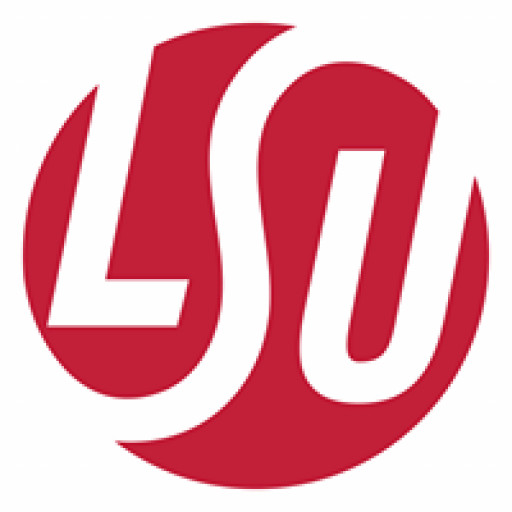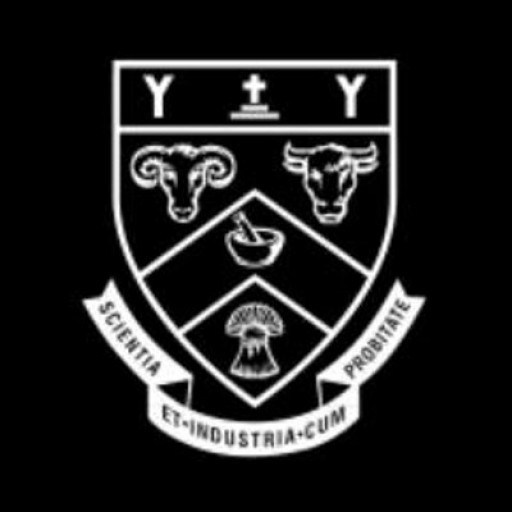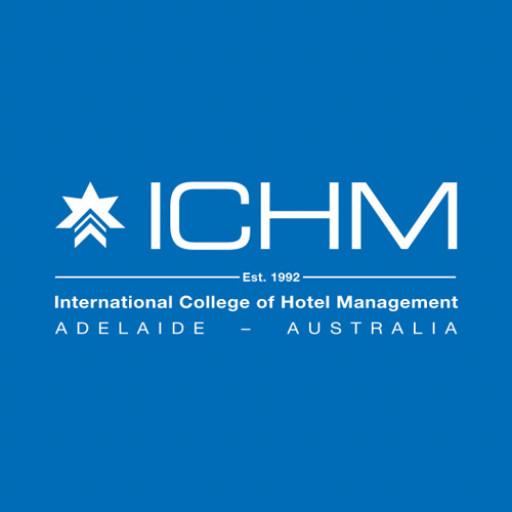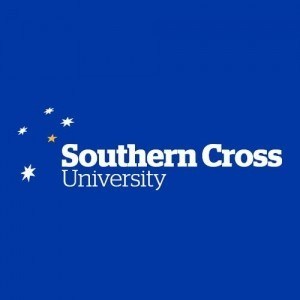Photos of university / #lsu_lt
The Tourism and Sports Management undergraduate program at Lithuanian Sports University offers a comprehensive education designed to prepare students for successful careers in the dynamic fields of tourism and sports industries. This program provides a solid foundation in management principles, marketing, economics, and organizational skills, tailored specifically for the tourism and sports sectors. Students gain in-depth knowledge of tourism product development, sustainable tourism practices, event management, sports marketing, and athlete management, equipping them with the ability to adapt to the evolving demands of global markets. The curriculum combines theoretical learning with practical experience, including internships and project work with industry partners, allowing students to apply their knowledge in real-world settings. Emphasis is placed on developing leadership qualities, communication skills, and strategic thinking, essential for managing organizations, teams, and events effectively. The program also addresses current challenges such as digital transformation in tourism and sports, environmental sustainability, and ethical considerations. Graduates are prepared for diverse roles such as tourism consultants, event coordinators, sports administrators, marketing specialists, and facility managers. The university’s state-of-the-art facilities, experienced faculty, and strong ties with industry stakeholders ensure students receive a high-quality education aligned with international standards. Upon completing this program, students will be well-equipped to contribute to the growth and innovation of tourism and sports industries domestically and abroad.
Basic Studies
- Innovations in Management Science
- Sports and Tourism Economy
- Sports and Tourism Policy and Management
- Master's Thesis
- Organizational Innovation and Research Projects
- Neuroscience Social Research Methods and Statistics
Competences
Scientific knowledge and management of ideas/ Communication: social and academic integration/ Leadership and change management/ Continuing professional development/ Modeling of sports/tourism sector development/ Sports/tourism organization development and creative interaction with the environmental protection/ Enterprise and entrepreneurship in sports/tourism/ Research activities/ Expert-project activities.
General Admission Requirements for Degree Students
Foreign nationals can be admitted into the English taught programmes of the Lithuanian Sports University if they provide the legalized secondary school, high school or college certificate or diploma. Transcripts must be officially translated into English.
The recommended English language skills for degree students at the start of their study period are B2 according to the Common European Framework of Reference for Languages (CEFR) or corresponding IELTS (6.0), or TOEFL (5.5)*.
Legalization of Educational Documents
Applicants, who received their education in countries-members from the Hague 1961 Convention (e.g. Israel, Italy, India, United Kingdom, USA, Australia, Venezuela, etc.) should have an attached Apostille to their educational documents (in most countries the Apostille is issued by the Ministry of Foreign Affairs or the Ministry of Education.)
The education documents of applicants who received their education in any other country (Lebanon, Jordan, Philippines, Syria, Iraq, Iran, Pakistan, etc.) should be legalized by the Ministry of Foreign Affairs or the diplomatic mission or consular post of the country where education was received.
Documents to be attached when applying on line
1. Copy of the passport (for non EU citizens) or ID card (only for EU and EEA citizens);
2. One recent passport size photo (3x4cm.);
3. Copies of the documents of previous education and its supplements (Transcripts of Records/Mark Sheets) in original language and translated into English (a secondary school certificate, university diploma, etc.) certified by Notary and approved by an Apostille (for citizens of countries acceding to 1961 Hague Convention);
4. Recognition document of foreign qualifications issued by the Lithuanian Centre for Quality Assessment in Higher Education (Lietuvos studijų kokybės vertinimo centras – SKVC)**;
5. CV (Resume);
6. Complete Health Certificate translated in English;
7. The copy of the certificate that shows the proficiency level B2 in the English language, or corresponding IELTS 6.0, or TOEFL 5.50 certificates;*
8. Application Form for Accommodation
9. Copy of the proof of payment of the application fee (non-refundable).
The financing of the Tourism and Sports Management program at Lithuanian Sports University is primarily supported through a combination of state funding, tuition fees paid by students, and potential external funding sources. State funding from the Lithuanian government plays a significant role in subsidizing education costs for domestic students, ensuring that a portion of the program’s expenses are covered by public resources. This government support aims to promote higher education accessibility and quality in the fields of tourism, sports, and management, aligning with national development priorities.
Tuition fees constitute a major part of the program’s financial structure for non-resident students and for students who are not eligible for state-funded places. These fees are set annually and are competitive relative to other universities in the region offering similar specializations. Payments are made in accordance with the university’s academic calendar, facilitating budget planning for students and the university alike.
In addition to tuition fees, students are encouraged to seek external funding through scholarships and grants offered by the Lithuanian government, European Union structural funds, and various private foundations. Scholarship programs are often merit-based or needs-based and are designed to support talented and economically disadvantaged students, ensuring they can complete their studies without undue financial hardship.
Lithuanian Sports University also collaborates with industry partners, sports organizations, tourism agencies, and private enterprises, which sometimes contribute to program financing through sponsorships, internships, and joint projects. These collaborations provide practical training opportunities and financial support, benefiting both students and external partners.
Furthermore, students may finance their studies through student loans available in Lithuania, which typically have favorable repayment terms. The university provides counseling on available financing options to help prospective and current students plan their budgets effectively throughout their studies.
Overall, the financing of the Tourism and Sports Management program reflects a diverse approach that combines public funding, private contributions, student payments, and external grants. This multi-source funding model aims to ensure sustainability, accessibility, and high-quality education, enabling students to gain valuable knowledge and skills necessary for careers in the dynamic fields of tourism and sports industry management.
The Tourism and Sports Management program at Lithuanian Sports University is designed to prepare students for careers in the rapidly evolving sectors of tourism and sports industry management. The curriculum offers a comprehensive combination of theoretical knowledge and practical skills necessary for effective leadership and innovation in these fields. Students engage in courses covering areas such as tourism planning and development, sports event management, marketing, finance, and law related to sports and tourism. The program emphasizes the importance of sustainable practices, ethical standards, and cultural awareness, preparing graduates to operate successfully within diverse environments.
Students benefit from a multidisciplinary approach, allowing them to understand the economic, social, and environmental impacts of tourism and sports activities. The curriculum includes internships, project work, and collaborations with industry professionals, providing valuable real-world experience. The program aims to develop critical thinking, communication skills, and entrepreneurship among students, making them competitive in both local and international job markets. Graduates can pursue careers in sports clubs, travel agencies, event management companies, tourism boards, and governmental agencies responsible for tourism and sports promotion.
The program is aligned with national and European educational standards, ensuring quality and international recognition. Lithuanian Sports University's strong relationships with industry partners offer students access to networking opportunities, practical training, and employment prospects post-graduation. The program also emphasizes lifelong learning, adaptability, and innovation to meet the changing demands of the tourism and sports sectors. Language skills, especially in English and other European languages, are also reinforced to enhance students’ employability on the international stage. Overall, the Tourism and Sports Management program provides a solid foundation for students aspiring to influence, manage, and develop tourism and sports industries both within Lithuania and internationally.









